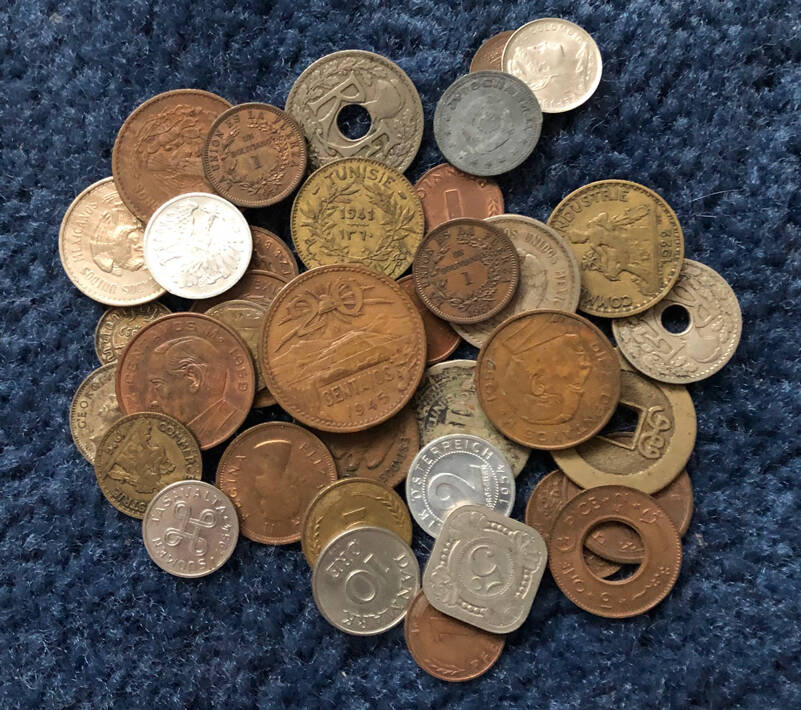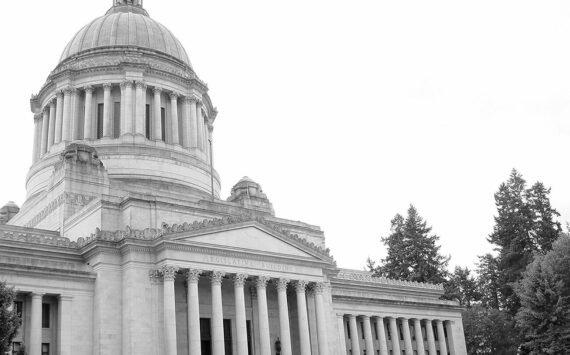By Morf Morford, Tacoma Daily Index
Fall, autumn or whatever you want to call it, brings us to the time of year when there is no denying that it is here.
The shift in seasons means different things for different people. And different places. But it means one thing, above all, for every one of us; change.
For those of us in the Northern Hemisphere, days get noticeably shorter, and cooler, leaves change colors, what most of us wear on a daily basis changes and what most of us do shifts dramatically.
Taking a cue from the rotation of the earth, we humans often take fall, or the school year, as a time, at least in some categories, of new beginnings, from the renewal of the school year to social gatherings wrapped around warm events (and drinks). Fall, unlike most other seasons, is similar to New Year’s in terms of reflection and re-framing priorities and directions to be taken in the future.
What is that country’s name?
Like software companies such as Meta (formerly known as Facebook) and X (formerly known as Twitter), some nations are deciding that now is the time to change their publicly recognized and familiar names.
At the G20 summit in September, the Prime minister of India sat with a placard reading Bharat, a Sanskrit name, not only linked to the nation’s history, but a clear break from their colonial-era names and identity. And, of course, their place on the world stage. Invitations to an accompanying dinner came from “The President of Bharat,” fueling speculation that an official name change may happen. The constitution of India states the name of the country as “India, that is Bharat”.
India/Bharat is not the first to do this. Many nations around the world have once had one name and currently (for most of us) have another name. Sri Lanka was once known as Ceylon. Thailand was previously known as Siam, Myanmar was known as Burma, Iran was Persia and Zimbabwe was formerly known as Rhodesia, among many others.
Like any product, name and brand recognition is how we present ourselves and negotiate our way in the world. Like individuals or corporations, countries make this decision when they are influenced by politics, nationalism or shifting identity-related branding factors. To put it simply, these changes have a significant impact on how the world sees and recognizes those nations.
New world organization
Besides names, entire collections of nations have been (and are becoming) realigned.
The organization formerly known as BRICS (Brazil, Russia, India, China and South Africa) have invited Argentina, Egypt, Ethiopia, Iran, Saudi Arabia and the United Arab Emirates to join the bloc. Full active membership will take effect on 1 January 2024. A new name for this new organization has not been officially announced, but using most of the letters, it could be something like one of these; SAUCERS, SCARABS, SCRIBES, RESCUES or SUBAREA.
Originally founded by Russia in 2009, BRICS is an economic response to a world order dominated by the United States and its Western allies – and, of course, the US dollar. BRICS is not a formal, official and binding multilateral organization like NATO, the United Nations, World Bank or the Organization of the Petroleum Exporting Countries (OPEC).
Over 40 countries (including the new candidates) have expressed interest in their pursuit of more development financing, and increased trade and investment. More than 60 countries from emerging markets and developing countries across Africa, Asia and Latin America attended a recent summit in Johannesburg. Combined, these nations hold more than half of the world population and a little more than half of the global economy- including many essential resources from gold to rare minerals.
Among other things, these nations want to reduce their dependence on the US currency for international trade.
In short, besides changing the names on maps, these name changes and these newly congealed identities will impact the value of the dollar, how we perceive other nations (and their intentions and priorities) and even, for some of us, new ways to define our ethnic heritage and identities. The value and centrality of the US dollar in the global marketplace will certainly change – when and by how much is far from certain.
Bundle up and buckle up, the changes are just beginning.





